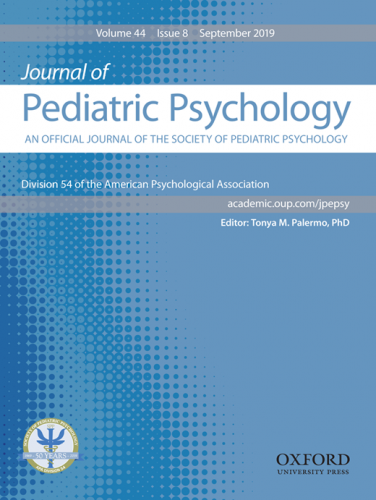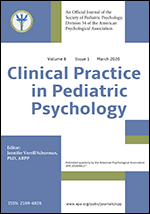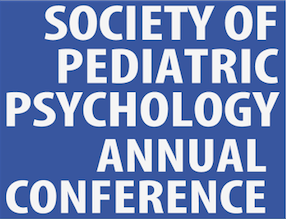Fact Sheet: Developmental Disabilities
Developmental disability (DD) is an “umbrella term” for impairments in cognition, communication, hearing, vision, learning, mobility, self-care and/or behavior that are manifested prior to adulthood and persist throughout the lifespan. Various aspects of development may be affected at an early age, while more specific disabilities may be identified later, such as ADHD, learning disabilities, language disorders, or autism. Significant developmental impairments not explained by a specific disability may be due to a generalized DD with some level of intellectual delay. These developmental conditions are often present from birth, but may not manifest in infancy. Some DDs acquired later (but prior to age 23) include seizure disorders and disabilities due to trauma or severe health conditions. DDs may or may not have an identifiable cause, such as a genetic anomaly, premature birth, familial predisposition, head injury, or an impoverished environment.
Prevalence and Course
DDs occur in approximately 14 percent of children, and they are more common in boys than girls. A diagnosis does not predict future outcomes with certainty because the trajectory may change with age. For example, delays associated with a mild intellectual disability, also called Intellectual Developmental Disorder (formerly referred to as Mental Retardation), may become more evident when abstract thinking and independence are required in later elementary school and beyond. Furthermore, some children receiving high-quality interventions may exceed predictions about their potential.
Health and Psychosocial Consequences
The effects of DDs on families, on educational systems, and in the health care system are significant as the number of children living with chronic health issues and DDs has increased with greater medical technology available. These children and their families are at greater risk for mental health issues due to the stress of providing extra care. A broad public health initiative to reduce the negative emotional and behavioral responses that may occur when children are frustrated by their developmental difficulties is to provide caregivers with tools for positive, pro-active behavior management and strategies for nurturing resilience, self-advocacy, and optimism.
Evidence-based Assessment
Due to the learning, health, social-emotional and self-care concerns children with DDs experience, they should participate in regular screenings to examine potentially unidentified weaknesses. Evidence-based assessments from multi-disciplinary perspectives (e.g., developmental pediatricians, psychologists, speech-language pathologists, occupational and physical therapists) are recommended to guide intervention efforts.
Culture, Diversity, Demographic, and Developmental Factors
Children living in economically deprived situations and/or with parents who have limited education are disproportionately represented in the group of children with DDs. A family’s cultural background affects how they cope with a child’s disabilities, as well as their access to services. Carefully planned parent interviews and regular interactions with culturally competent professionals trained to support caregivers are essential to helping all families navigate the educational and medical systems that provide services.
Evidence-based interventions
Early intervention is much more effective in mitigating the effects of disabilities than waiting until children have reached more critical levels of need. Infant/toddler programs offer this for children through the age of three, and the public schools provide special education and other services to children ages 3-21.
References
Boyle, C.A., Boulet, S, Schieve, L.A., Cohen, R.A., Blumberg, S.J., Yeargin-Allsopp, M., Kogan, M.D. (2011). Trends in the prevalence of developmental disabilities in US children, 1997-2008. Pediatrics, 127 (6),1034-1042.
Center for Disease Control and Prevention. (2012, June 27). Retrieved
Mazzucchelli, T.G. & Sanders, M.R. (2011). Preventing behavioural and emotional problems in children who have a developmental disability: A public health approach. Research in Developmental Disabilities 32, 2148-2156.
Stein, D.S., Blum, N.J., & Barbaresi, W.J. (2011). Developmental and Behavioral Disorders Through the Life Span. Pediatrics, 128 (2), 364-373.



